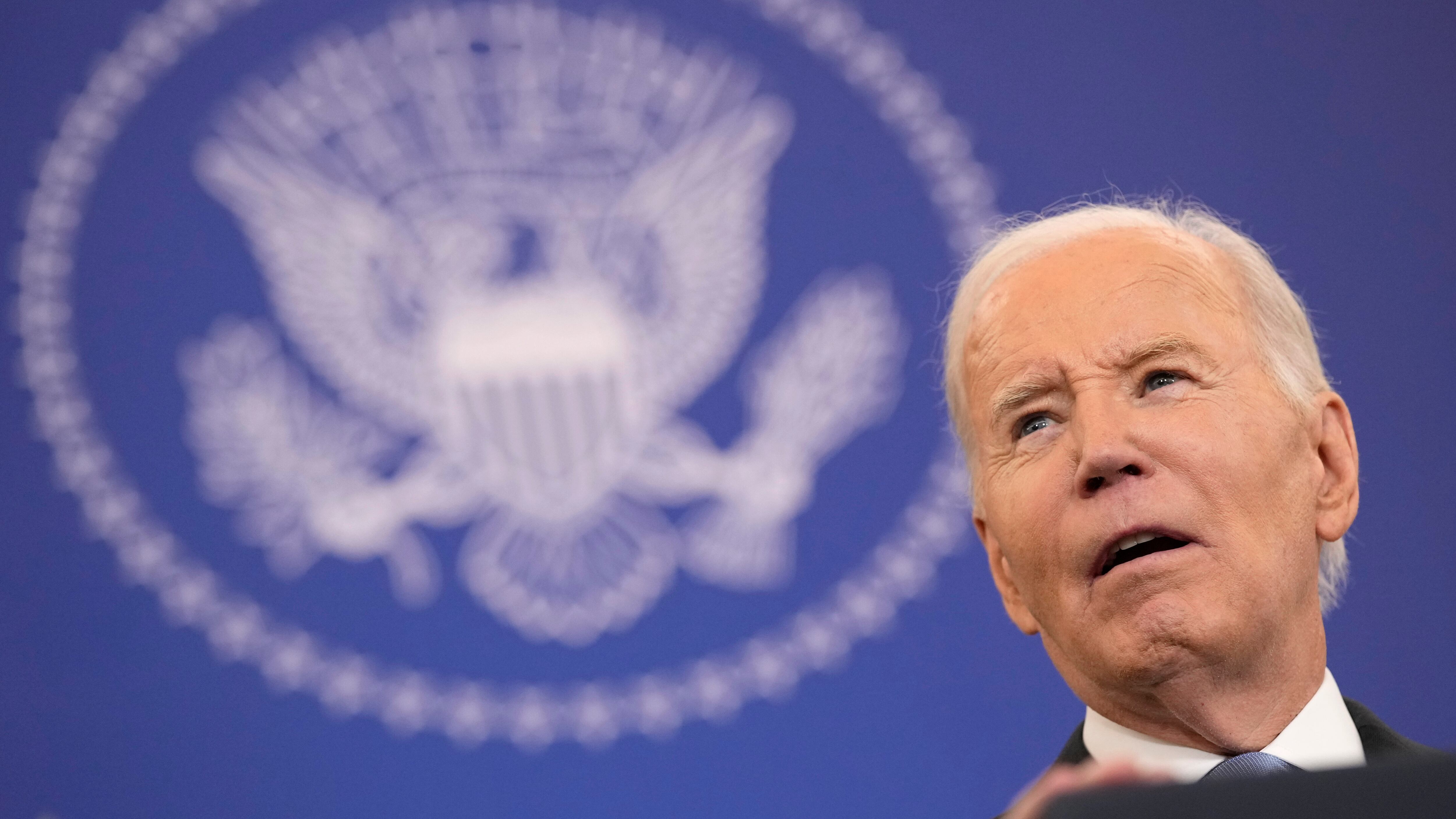WASHINGTON (AP) — The United States government informed Congress on Tuesday of its intention to remove Cuba from the list of state sponsors of terrorism, announced the White House on Tuesday, as part of an agreement facilitated by the Catholic Church to release political prisoners on the island.
PUBLICIDAD
Federal government officials, who spoke about the announcement on condition of anonymity, said that “many dozens” of political prisoners and others considered by the United States to be unjustly detained would be released before President Joe Biden’s government comes to an end on January 20 at noon.
PUBLICIDAD
The United States will also decrease some economic pressures on Cuba, such as a 2017 memorandum issued by then-President Donald Trump that hardened the United States' stance towards Cuba.
The outgoing one-term Democratic president’s determination will likely be reversed next week after President-elect Trump takes office and the designated Secretary of State, Marco Rubio, assumes the position of the top diplomat of the United States.
Rubio, whose family left Cuba in the 1950s before the communist revolution that brought Fidel Castro to power, has always been in favor of imposing sanctions on the island. Rubio will attend the Senate Foreign Relations Committee on Wednesday for his confirmation hearings and is likely to speak about his Cuban roots in his testimony.
In the final days of the Trump administration, on January 11, 2021, the White House reinstated the designation, which had been reversed during the period of rapprochement between Cuba and the United States during President Barack Obama’s second term. In doing so, the Trump administration cited Cuba’s support for Venezuelan President Nicolás Maduro and its refusal to extradite Colombian rebels to Colombia, among other issues, including its continued harboring of wanted Americans.
The decision was one of several in the field of foreign policy that Trump made in the final days of his first term.
Human rights groups and activists, including the United States Conference of Catholic Bishops, have been pressuring the Biden administration to revoke the designation.
The Congress and the upcoming Trump administration will have the opportunity to review and potentially reverse Biden’s actions, although U.S. officials said that the Biden administration had determined that there were no “credible evidence” that Cuba was currently involved in supporting international terrorism.
At the moment, there were no comments from the Trump transition team or Rubio or his office, but one of his Republican colleagues on the Senate Foreign Relations Committee, Senator Ted Cruz, quickly criticized the Biden administration’s move.
“Today’s decision is unacceptable based on its circumstances,” Cruz said in a statement. “The terrorism advanced by the Cuban regime has not stopped. I will work with President Trump and my colleagues to immediately reverse and limit the damage of the decision.”
